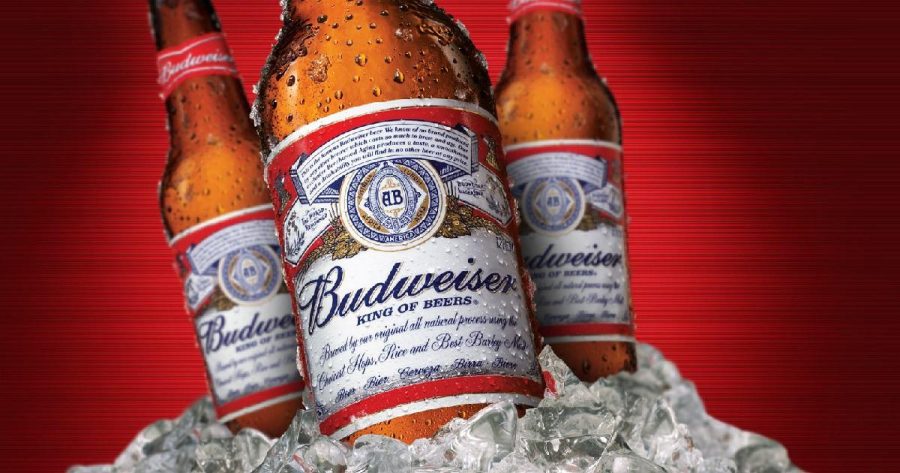Budweiser Donates Super Bowl Ad Money
With COVID-19 vaccines beginning distribution in December 2020, it seems we all have something to toast to. For Anheuser-Busch, the world’s largest beer brewer, however, having Budweiser as said toast-of-choice isn’t their top priority this winter.
Last Sunday, Anheuser-Busch sparked consumer interest, though for a different reason than previous years. Typically, the Super Bowl Budweiser commercials are long-awaited, and for a good reason. Their trademark Clydesdale horses have grown immensely in popularity over the last decade, especially following the success of their 2013 Super Bowl commercial. After three years, the heartwarming story of a horse trainer reuniting with his Clydesdale foal eventually became USA Today’s Ad Meter first place winner.
This commercial, in particular, is especially well done. A reunion storyline this complex is not easy to condense into a 60-second advertisement. Budweiser hit the nail on the head by playing to its viewers’ emotions, as many were reminded of the pets they love. This commercial, and the Clydesdale brand, set a precedent for Budweiser and its future Super Bowl commercials. The expectation was high. So why not air one this year when spirits are especially low?
Call it what you will: a massive publicity stunt or a genuinely thoughtful business decision made by Anheuser-Busch. Either way, deciding not to air a highly anticipated commercial for about 100 million viewers is a powerful play. Arguably, their decision to cancel the Budweiser ad generated more buzz than the actual commercial would have itself.
Rather than fork up approximately $10 million for a minute-long ad, Anheuser-Busch decided to take their money elsewhere. Instead, they decided to fund the Ad Council and COVID Collaborative’s vaccine awareness effort. Their money was used to expand the organization’s future advertising campaign rather than produce a fan-favorite Budweiser commercial.
Considering the massive success of the alcohol industry during the COVID-19 pandemic, brands such as Budweiser have not only an expectation, but an obligation to donate towards these measures. With restaurants closed, people had to drink at home, whether it be to unwind or to enjoy a glass of wine with dinner. Working in a liquor store over the summer, I saw the phenomenon firsthand; with nothing else to turn to, people were mass-buying alcohol. According to inMarket, a data analysis firm, Anheuser-Busch’s sales increased a whopping 44% since the start of the pandemic, while smaller, local businesses suffered.
Ultimately, Anheuser-Busch’s decision to donate the Budweiser ad money to vaccine efforts is admirable because of how well-received their ads are. There is no doubt that their absence disappointed people; moreover, Anheuser-Busch will be missing the Budweiser sales that boom in response to its commercial. Their decision to not run the ad and instead benefit the COVID-19 vaccine is selfless in this regard.
That being said, is it too little, too late? As beneficial as the money may be, Anheuser-Busch could have donated in the midst of 2020, since it was not struggling like many other industries. The decision to make this move now, especially considering the publicity their decision has gotten, shines a negative light on an ultimately good strategy. The timing of it seems calculated, given that Budweiser already has a following from the Super Bowl commercials. On the other hand, it is hard to be cynical about a donation that has such a positive impact, despite its timing.
Anheuser-Busch has set a precedent for other major corporations that were successful during the pandemic. With Budweiser forfeiting its highly anticipated commercial in favor of the vaccine, the pressure is on for other companies to follow suit and use their influence to promote the distribution of the COVID-19 vaccine. Regardless of business strategy, what’s most important is ensuring everyone’s safety.
Mia Pollack, FCRH ’23, is a journalism and psychology major from Fairfield, Conn.










































































































































































































